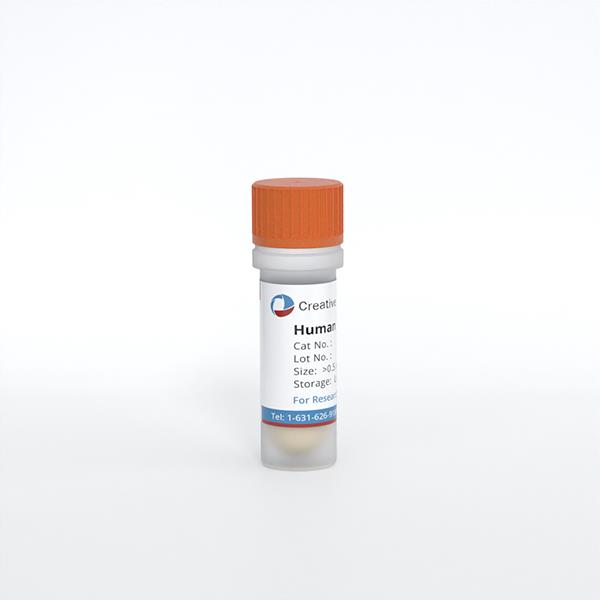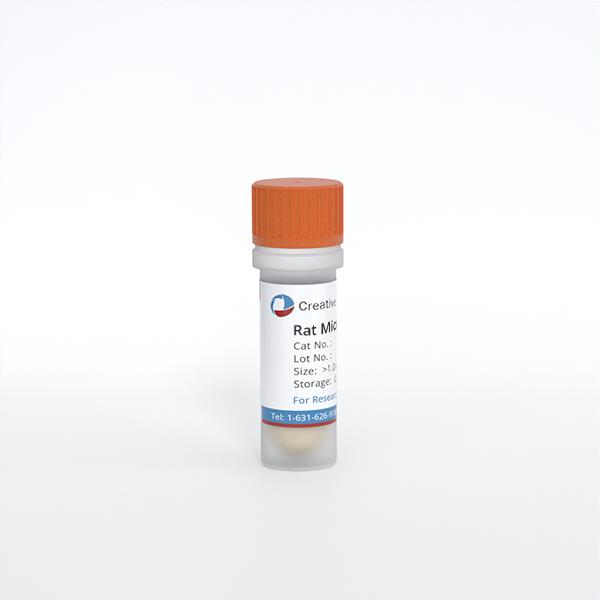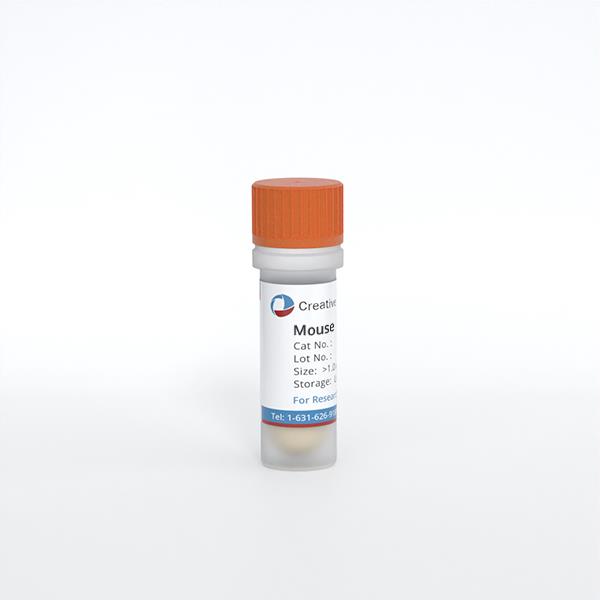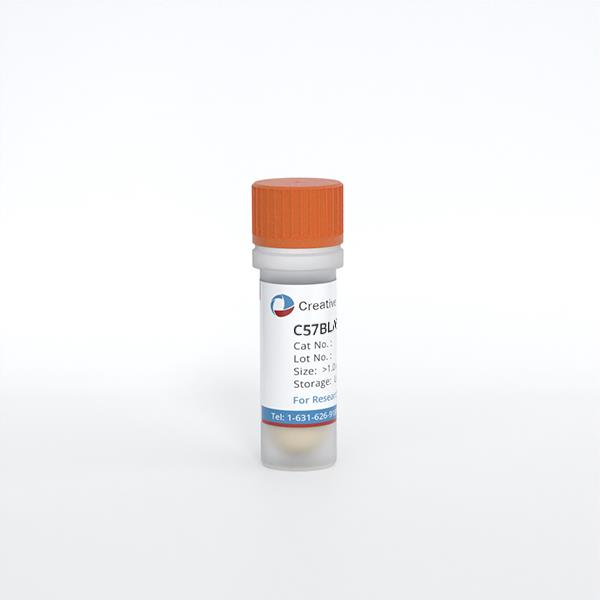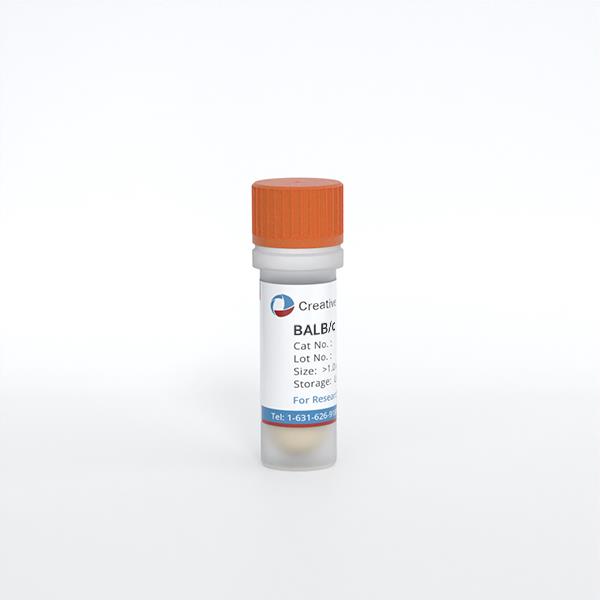Microglia
Microglia account for 0.5-16.6% of the total cell population in the human brain and 5-12% in the mouse brain. Under physiological conditions, the number and function of microglia are strictly controlled by the local microenvironment and the interaction with surrounding cells. In response to an insult, microglia have the ability to transform into different functional states, thereby modifying their morphology, proliferation, phagocytic activity, antigen presentation and the release of inflammatory factors.
Microglia generally polarize in two directions from a resting state. The classical activation is known as M1, which is the mediator of pro-inflammatory responses, producing and releasing ROS, nitrogen reactive species (NRS) and cytokines. The alternative activation, known as M2, is responsible for resolution and repair, involving in the production and release of trophic factors. The polarization of microglia has been clarified by measuring the markers both in vitro and in vivo.
Table 1. Polarization of activated microglia in CNS.
| Classic nomenclature | Novel nomenclature | Activating molecules | Polarization |
| M0/Unpolarized | M(-) | None, M-CSF, or GM-CSF | M-CSF or GM-CSF may be used to compare with macrophages |
| M1 | M(LPS) | LPS, IFNγ or both | a.k.a. Classical activation |
| M(IFNγ) | |||
| M(LPS + IFNγ) | |||
| M2 | M(IL4) | IL4 | a.k.a. Alternative activation |
| M2a | M(IL4 + IL13) | IL4 and IL13 | Profile associated with anti-inflammatory phenotype in macrophages |
| M2b | M(Ig + LPS) | Immune complexes and LPS | Profile associated with pro-inflammatory cell-surface protein expression but IL10 secretion in macrophages |
| M2c | M(IL10 + TGFβ1) | IL10 and TGFβ1 | Profile associated with tissue remodeling and immune suppression in macrophages |
Microglia are the main immune cells of the CNS and are highly similar to macrophages. They act as the major inflammatory cell type in the brain and activate to respond to pathogens and injury. Although seeking out and eliminating pathogens is an important role, microglia have also been extensively studied for their harmful roles in neurodegenerative diseases and brain injuries, such as Alzheimer's disease, Parkinson's disease, ischemic injury, and traumatic brain injuries.
Description: Microglia, one of the glial cell types in the CNS, is an important integral component of ...
Description: Microglia can be considered the main cell in brain immune surveillance, can present antigens in the ...
Description: Mouse Microglia are isolated from normal mouse brain tissue. The cells are characterized by ...
Description: C57BL/6 Mouse CD11b+ Microglia Cells from Creative Bioarray are isolated using specific ...
Description: BALA/c Mouse CD11b+ Microglia Cells from Creative Bioarray are isolated using specific ...
